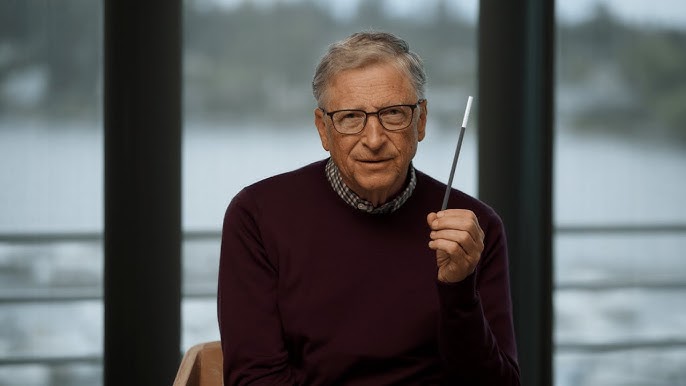In a significant legal development, a Dutch court has ruled that Bill Gates can face trial in the Netherlands after seven individuals filed a lawsuit claiming injury from COVID-19 vaccines. The suit, which has gained international attention, also names Pfizer CEO Albert Bourla, former Dutch Prime Minister Mark Rutte, and key members of the Dutch government’s COVID-19 response team as co-defendants. The case could set a precedent for how global health leaders and pharmaceutical executives are held accountable for their roles in the pandemic.
Gates’s legal team argued that the Dutch court had no jurisdiction over the case, given his U.S. residency and his role as an international philanthropist. However, the court ruled that it does possess the authority to hear the case, citing Gates’s active involvement in global pandemic efforts and his influence over vaccine distribution policies in Europe, including the Netherlands.
The plaintiffs allege that Gates and the other defendants misled the public about the safety and efficacy of the COVID-19 vaccines, claiming they suffered health complications as a result. The lawsuit seeks to hold them accountable for what it calls “misleading information” that led to widespread vaccination. The court has scheduled a hearing for November 27, 2024, where the evidence and claims will be formally presented.
The decision to allow the case to move forward could have far-reaching implications, particularly as public opinion remains divided on vaccine safety. Gates has been a prominent figure in the global response to the COVID-19 pandemic, partnering with health organizations and governments worldwide to distribute vaccines. His involvement has been both praised for helping speed up vaccine availability and criticized by those skeptical of vaccine safety and mandates.
This legal battle comes at a time when several high-profile figures associated with the pandemic response face scrutiny. Pfizer CEO Albert Bourla is also named in the lawsuit, with the plaintiffs alleging that the pharmaceutical giant failed to provide transparent data on vaccine side effects. Former Prime Minister Mark Rutte and Dutch officials are accused of endorsing policies that the plaintiffs argue were based on incomplete or manipulated information.
The plaintiffs’ argument is centered on the claim that they were misled about the risks associated with COVID-19 vaccines, resulting in what they describe as significant health injuries. The specifics of these injuries have not yet been disclosed to the public, but the case could provide a platform for those who feel their concerns have not been adequately addressed by health authorities.
Experts are divided on the case’s potential outcome. Legal analysts suggest that while the plaintiffs may face challenges in proving direct causation between the vaccine and their health issues, the court’s willingness to hear the case signifies that public officials and influential figures like Gates are not immune from legal scrutiny. If the plaintiffs succeed, it could encourage similar lawsuits across Europe and beyond, with global health policies facing renewed examination.
With the hearing date set for late November 2024, the world will be watching closely to see how the trial unfolds and what evidence both sides present. This case could redefine how global leaders are held accountable for their roles in public health crises and set new standards for transparency and responsibility in future pandemic responses.

